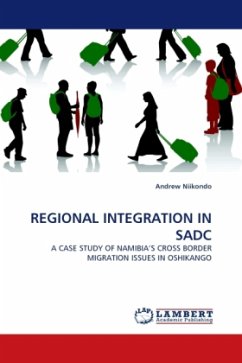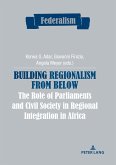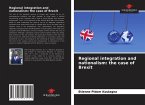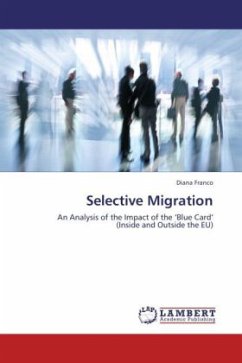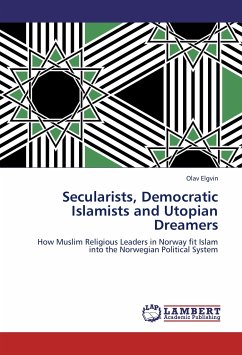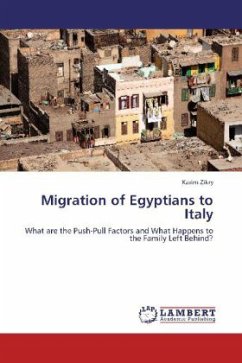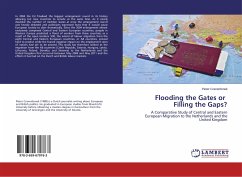The main objective of this dissertation was to investigate issues of cross-border migration and their effects on the project of SADC regional integration. Indicators, in this regard, were the SADC Protocol for the Free Movement of Persons of 1995 and its successor, the SADC Protocol for the Facilitation of Free Movement of Persons of 1997, which were all failed. The dissertation traced the background of regional integration at the global, continental and regional level and compared scenarios especially on cross-border migration and movement issues. Informed by this investigation and based on the Oshikango case study in northern Namibia, this dissertation has arrived at the conclusion that SADC is currently unable to achieve its goal of regulating free movement of persons in the region.
Bitte wählen Sie Ihr Anliegen aus.
Rechnungen
Retourenschein anfordern
Bestellstatus
Storno

